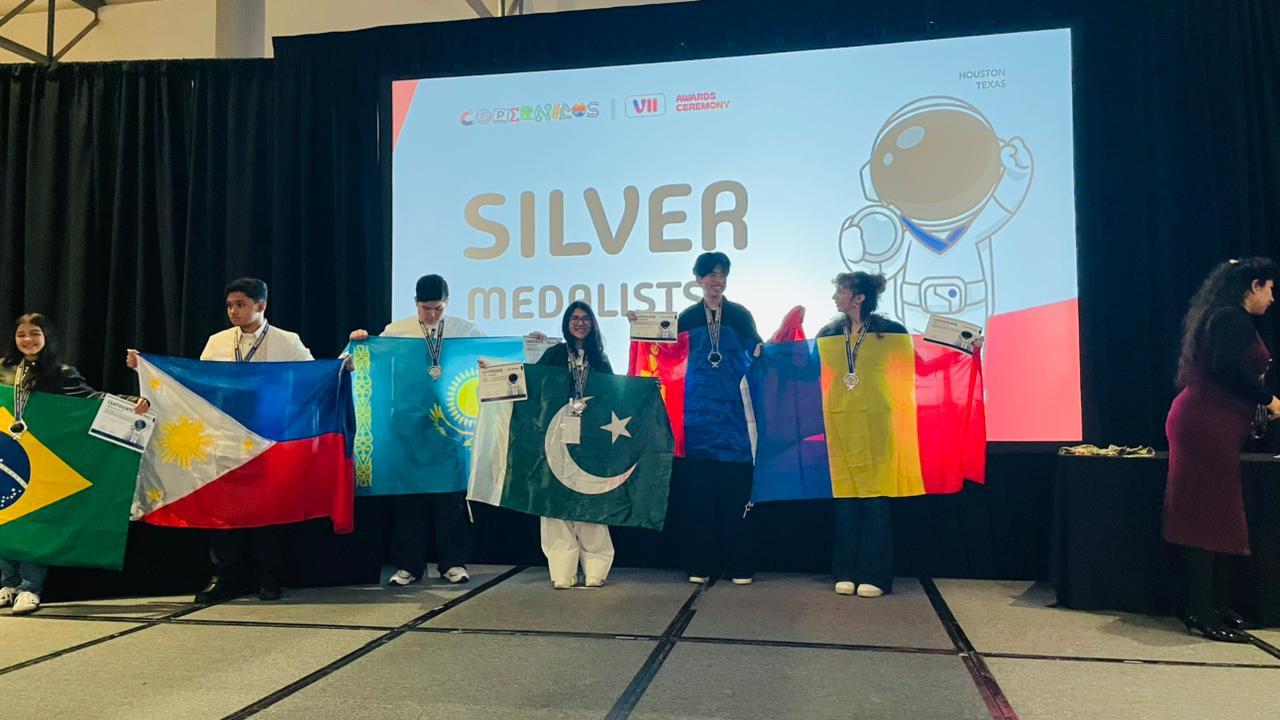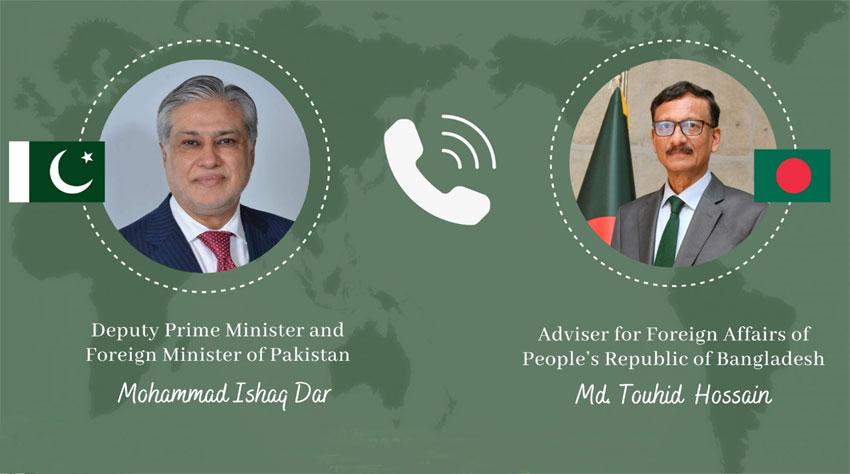PTI founder says he is confined un 7ft by 8ft death cell typically reserved for terrorists


Pakistan Tehreek-e-Insaf (PTI) founder Imran Khan has claimed that he was being caged like a terrorist and denied basic prisoner and human rights.
He claimed this in his new rare interview with British publication The Sunday Times.
His remarks came during a rare interview from behind bars with the outlet, conducted via his lawyers, as—according to the article—he is not allowed pencil and paper.
Imran, 71, has been imprisoned at the Adiala Jail for almost a year upon his conviction in three cases — the Toshakhana reference, the cipher case, and the Iddat case, in which his wife, Bushra Bibi, is also jailed.
Imran’s sentence in the Toshakhana reference was suspended on April 1 while he was acquitted by the Islamabad High Court (IHC) in the cipher case in June. Various courts have also acquitted him in several other cases filed against him since the events of May 9, 2023 — the day when his first arrest had caused riots across the country, following which the state launched a crackdown against him and his party.
An Islamabad district and sessions court had also recently accepted the appeals filed by Imran and his spouse against their conviction in the Iddat case. Shortly after the court acquitted him in the said case, however, the National Accountability Bureau (NAB) re-arrested Imran and his spouse in a new Toshakhana case, leaving his possible release from prison hanging in the balance.
“I am confined in a 7ft by 8ft death cell, typically reserved for terrorists to ensure they have no contact with anyone,” he told The Sunday Times.
“It is solitary confinement with barely any space to move. I am under constant surveillance by the agencies, being recorded 24/7, and I am denied basic prisoner and human rights such as visitation,” he said.
Earlier this month, a United Nations working group on human rights said the cases against Imran were “without legal basis” and politically motivated to exclude him from the political arena. The group also demanded the former cricketer be released and compensated.
Imran and his wife sought relief from high courts after their latest round of arrests and remand approvals. He was, however, denied bail by the Lahore High Court for allegedly inciting his supporters in the May 9 riots last year.
To further tighten the noose around Imran, the government said earlier this week it would impose a ban on his party, PTI.
“In view of the foreign funding case, May 9 riots, and the cipher episode as well as the resolution passed in the US, we believe that there is very credible evidence present to have the PTI banned,” he said.
“We are going to impose a ban on PTI and we believe that Article 17 of the Constitution gives the government the right to ban political parties, and this matter will be referred to the Supreme Court.”
The announcement attracted flak from across the political spectrum, with stakeholders from different parties terming the move “undemocratic.” The US State Department also expressed its apprehension at the move, saying: “Banning a political party would be of great concern to us”.
The information minister said that the government would also submit a review petition to the apex court against last week’s verdict which declared that the PTI would be eligible for reserved seats for women and minorities.
The top court had given its verdict in PTI’s favour following the closure of hearing on a set of appe¬als moved by the Sunni Ittehad Council (SIC) against the denial of reserved seats for women and non-Muslims to it by the Peshawar High Court (PHC) and the Election Commission of Pakistan (ECP).
PTI-backed candidates, who had contested and won the February 8 elections as independents after their party was stripped of its election symbol, had joined the SIC to form a coalition of convenience.
The top court on July 12 annulled the decision of the PHC while also declaring the decision of the election regulator null and void, terming it against the Constitution.
Tarar said that regarding the apex court’s verdict, an impression was created that the party was given relief without asking for it.
“However, Tehreek-i-Insaf was not a party in the case, the members [in question] did not claim to be PTI candidates, and all of them submitted SIC affidavits and joined the party”, he said, adding that according to the manifesto of the SIC, a non-Muslim could not become a member of the party which is why the party could not get minorities’ seats.
“The [SIC] MNAs never expressed their desire to join the PTI before the Supreme Court, therefore, given the legal inaccuracy in this decision, the ruling governmental party and its allies have decided to submit a review petition against the Supreme Court’s verdict,” Tarar said.
The government later submitted a review petition to the apex court calling for the verdict in the case of the reserved seats to be recalled and its operation suspended.
Referencing SC’s ruling in the reserved seats case, Imran told The Sunday Times that his party “secured a significant majority of approximately 175 seats, not the 93 that were officially acknowledged after being usurped”.
He said he spends most of his time in the prison planning for the future, insisting that he will be back.
“Despite being caged, the entire country looks to me for hope and resilience. Most importantly, my prayers keep me steadfast, my belief in God assures me that justice will prevail over tyranny.”

7 ways to rein in ICE
- 6 hours ago

How to help the resistance to ICE in Minnesota — and beyond
- 6 hours ago
26 countries, including Pakistan, named founding members of Trump-led ‘Board of Peace’
- 16 hours ago
Don't question Babar Azam, fulfilling his role well: Salman Agha
- 19 hours ago

Your friends are still acting like everything is normal in America. What do you do?
- 6 hours ago

Why DHS is investigating its own killings, briefly explained
- 6 hours ago

Belichick humiliated by NFL Hall of Fame snub...
- 7 hours ago

Gold prices hit record-high in Pakistan
- 20 hours ago

Get stuff done by yelling at your phone
- 8 hours ago

The Trump administration is admitting it lied about Alex Pretti
- 6 hours ago

This coming-of-age adventure game made me feel a little too seen
- 8 hours ago

Get ready for the AI ad-pocalypse
- 8 hours ago







